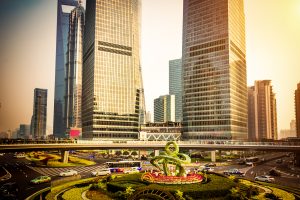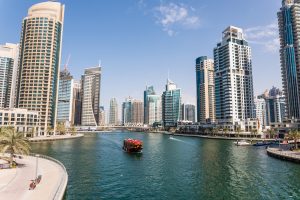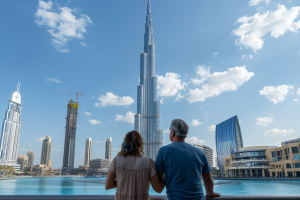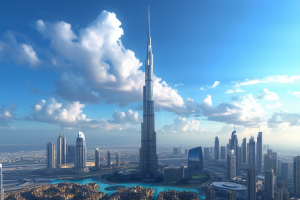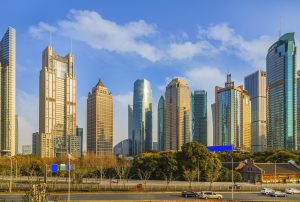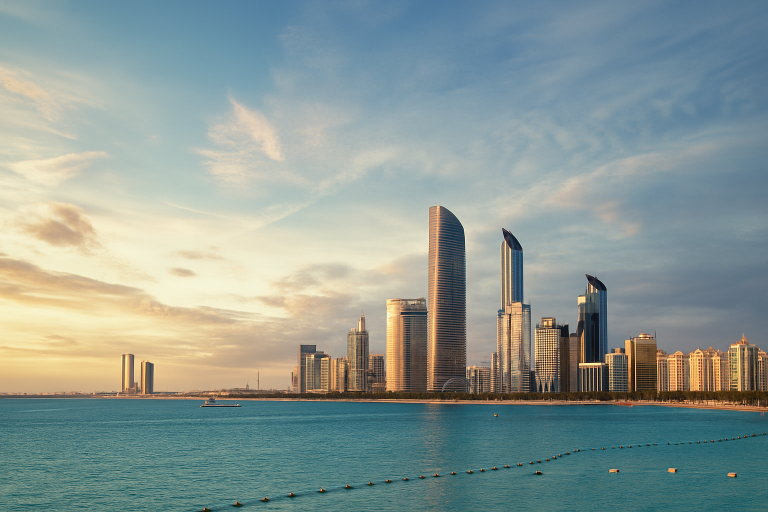Dubai has become one of the world’s most desirable real estate markets — a city where innovation meets lifestyle and opportunity is always within reach. With its thriving economy, zero income tax, world-class infrastructure, and international appeal, the emirate continues to attract investors, professionals, and families from across the globe.
Whether you’re an expat looking to settle, an entrepreneur expanding your portfolio, or an investor seeking long-term returns, Dubai offers a wide range of opportunities. But before entering the property market, it’s essential to understand the two types of property ownership available here: freehold and leasehold.
Each type comes with different rights, benefits, and legal implications — particularly for foreign buyers. Your choice can directly impact visa eligibility, resale value, inheritance planning, and long-term flexibility.
In this guide, we’ll break down what freehold and leasehold mean in Dubai, explore their pros and cons, and highlight the best areas for each. Whether you’re buying a home or making an investment, this is your first step toward making an informed decision.
What is a Freehold Property in Dubai?
A freehold property gives the buyer complete ownership of both the unit and the land it occupies. This type of ownership is permanent, with no expiration date. Once the property is purchased and registered with the Dubai Land Department (DLD), the owner has full rights to:
- Sell, lease, or mortgage the property.
- Renovate or modify (within municipal regulations).
- Pass the property on to heirs.
Freehold ownership was introduced in 2002 to encourage foreign investment. Since then, the government has designated specific freehold zones where expatriates can legally own property — including Downtown Dubai, Dubai Marina, Business Bay, Palm Jumeirah, and Jumeirah Lake Towers (JLT).
To safeguard rights, it’s important that buyers only purchase freehold properties from DLD-approved developers and agents.
What is a Leasehold Property in Dubai?
A leasehold property grants the buyer the right to use a residential or commercial unit for a fixed period — usually up to 99 years — but does not include ownership of the land. The land remains with the freeholder (often a developer or landlord).
Leasehold ownership is governed by a lease agreement that outlines the terms, duration, and obligations of both the leaseholder and freeholder. At the end of the lease term, ownership reverts back to the freeholder unless renewed.
Leasehold properties are typically found in older or traditional neighborhoods such as Mirdif, Deira, Bur Dubai, and parts of Al Barsha and Jumeirah.
Key Differences Between Freehold and Leasehold
The most fundamental distinction lies in ownership rights. Freehold gives buyers absolute control over their property and land indefinitely, while leasehold only provides rights to occupy the unit for a set term.
- Ownership Duration: Freehold is permanent; leasehold is time-bound (up to 99 years).
- Control: Freehold owners enjoy complete autonomy over renovations, leasing, or resale. Leasehold owners may need approval for changes, subletting, or structural modifications.
- Inheritance: Freehold properties can be freely passed on to heirs; leasehold transfer depends on contract terms and landlord approval.
- Visa Eligibility: Freehold owners (properties worth AED 2M+) may qualify for a 5–10 year UAE residency visa; leasehold owners generally do not.
- Maintenance: Freehold owners cover full maintenance costs. Leasehold owners usually have fewer responsibilities, with structural repairs often handled by the landlord.
- Budget: Freehold properties are more expensive upfront, while leasehold properties are more affordable and accessible to first-time buyers.
Leasehold Properties
Advantages:
- Lower purchase cost, easier market entry.
- Landlord covers major structural repairs.
- Option to renew leases in many cases.
Disadvantages:
- Limited autonomy on renovations and subletting.
- Ownership ends after lease term unless renewed.
- Less access to prime, high-demand zones.
Best Areas for Freehold Investments
- Downtown Dubai – Luxury apartments, iconic landmarks, strong capital appreciation.
- Dubai Marina – Waterfront lifestyle, strong short-term rental demand.
- Palm Jumeirah – Exclusive villas and apartments with global prestige.
- Business Bay – Central location, high demand among professionals.
- Jumeirah Lake Towers (JLT) – Budget-friendly freehold apartments with good rental yields.
Best Areas for Leasehold Properties
- Mirdif – Family-friendly, affordable villas.
- Deira – Traditional district with budget-friendly options.
- Bur Dubai – Cultural hub with strong rental demand.
- Dubai Silicon Oasis – Tech-focused community with affordable units.
- Jumeirah & Al Barsha (selected areas) – Prestigious addresses available under leasehold agreements.
How to Decide: Freehold or Leasehold?
Your choice depends on your budget, lifestyle, and long-term goals:
- Choose Freehold if you want long-term ownership, complete control, inheritance planning, and visa eligibility.
- Choose Leasehold if you prefer affordability, lower maintenance responsibilities, or are looking at short- to medium-term stays.
If you’re planning to settle in Dubai, build generational wealth, or qualify for residency, freehold is the better option. If your goal is short-term residency or rental income with minimal cost, leasehold may make more sense.
Conclusion
Dubai’s property market is designed to accommodate diverse needs. Freehold properties are perfect for investors seeking permanent ownership, wealth building, and long-term stability. Leasehold properties, on the other hand, offer a more accessible and affordable way to enter the market, especially for temporary residents or cautious first-time buyers.
By understanding the distinction, you can align your investment with your financial capacity, lifestyle goals, and future plans — and make the most of what Dubai’s dynamic real estate market has to offer.
